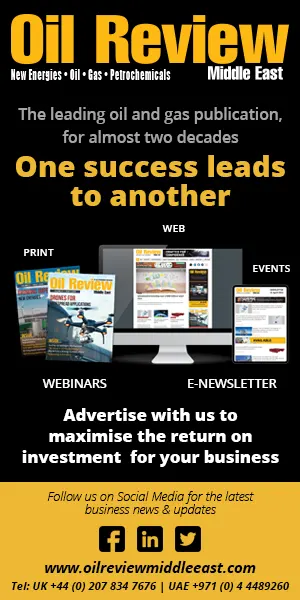A Health, Safety, and Environment exhibition was organised by the Sharjah National Oil Corporation (SNOC) on 23 April this year, at the Al Jawaher Reception and Convention Centre in Sharjah
Called the HSE Expo, the event hosted a conference, an exhibition, and general training sessions.
The conference session covered crucial topics related to HSE regulations in Sharjah. The regulatory landscape was a focal point, helping attendees understand the range of health, safety, and environmental regulations applicable to organisations in Sharjah. It shed light on legal obligations by clarifying the legal responsibilities imposed on organisations, including workplace safety requirements and environmental protection measures.
Moreover, the session delved into collaborative compliance, exploring approaches to HSE compliance through stakeholder engagement. By discussing collaborative methods, attendees gained insights into fostering a culture of compliance. Additionally, the event addressed challenges and solutions in HSE compliance. It identified common compliance hurdles and provided a platform to discuss strategies to overcome them effectively.
Overall, these discussions aimed to equip attendees with valuable insights and practical guidance to enhance their compliance efforts. The session sought to promote a culture of safety and environmental stewardship among organisations operating in Sharjah.
Industry 4.0 and workplace safety
The conference section focused on the impact of the fourth industrial revolution on workplaces in terms of practical effects and/or consequences on the main aspects of occupational safety. It explored innovative work organisation, human–machine interaction, the creation of a more sustainable industrial value, psychological risks, and changing work environments. The discussions provided insights into how the fourth industrial revolution has influenced these areas and the implications it has had on occupational safety practices.
Occupational health surveillance
This session focused on providing participants with insights into the tools, techniques, challenges, and best practices involved in monitoring workplace health through occupational health surveillance. It explored various methods and techniques used for monitoring workplace health, including medical surveillance (e.g., health screenings, medical examinations), exposure monitoring (e.g., air sampling, biological monitoring), and health outcome surveillance (e.g., injury reporting systems, disease registries). Additionally, the session discussed future directions and emerging trends in occupational health.
Training sessions also included those on fire safety, environmental sustainability, heat stress awareness, and work at height awareness.
Speakers included Dr. Waddah S. Ghanem Al Hashmi, chairman of the UAE National/Federal Committee for Occupational Health and Safety, Abdulaziz Aljasmi, HSE manager at SNOC, Dr. Hashem Stietiya, director - Research & Development at BEEAH, Obiajulu Tawose, HSE lead at SNOC, and Ali Abdulla Al Ali, UAE Country Chair’s Office at Petrofac, among others.




